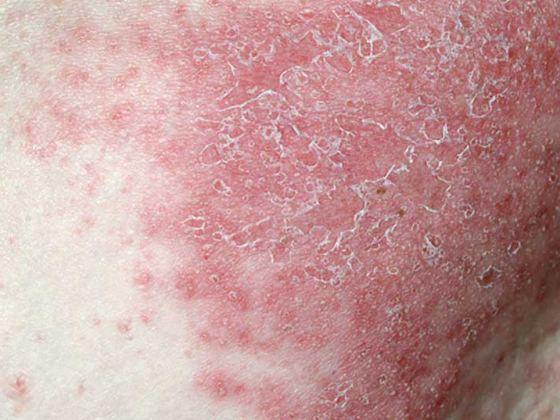Multiple sclerosis (MS) predominantly affects women between the ages of 20 and 45 at the time of diagnosis – with an increasing incidence [1,2]. As a result, not only is MS the most common CNS disease in young adults that can cause disability [1]. In fact, women with this condition also tend to have fewer children than women in the general population [3]. Thanks to optimized therapies, however, this no longer has to be the case today.
Multiple sclerosis is a chronic disease and therefore requires effective therapy. However, its course cannot be precisely predicted due to individual complaints and the heterogeneous clinical picture. Therefore, an early and consistent treatment approach with progression-modifying therapy is critical for successful disease management. Adequate treatment also always takes into account individual circumstances. In young women of childbearing age, this concerns not only symptoms, tolerability and adherence, but also family planning. The therapy decision should therefore take into account tolerability and safety, also with regard to a possible pregnancy. During pregnancy, the relapse rate decreases in affected women. However, within one month after delivery, one-third of patients relapse [4]. For this reason, the disease should ideally be under control two years before pregnancy begins. Thus, postpartum thrust can be reduced by 45% [5]. However, 43% of pregnancies occur unplanned [6]. It is therefore inevitable to resume effective therapy immediately after delivery. However, treatment options are now available that allow breastfeeding.
Anomaly risk not increased
Study data regarding the use of interferon beta during and after pregnancy have been limited. Therefore, registry data were collected and analyzed from nearly 1000 women from 26 European countries between 2009 and 2017 [7]. The prevalence of pregnancy outcomes was associated with those in the general population. It was shown that the use of interferon-beta-1a and -1b did not increase the incidence of congenital malformations. Overall, 82.0% of pregnancies resulted in a live birth without congenital anomaly. The prevalence of spontaneous abortions was also comparable to those in the general population. The experts concluded that the data collected do not suggest that IFN-beta exposure before conception and/or during pregnancy adversely increases the rate of congenital anomalies or spontaneous abortions. Accordingly, Plegridy® and Avonex® can be used in pregnancy if clinically necessary [8,9].
Breastfeeding also possible with MS therapy
In addition, information on the passage of interferon-beta into breast milk and its chemical and physiological properties suggest that the amounts excreted into breast milk are negligible. No adverse effects have been reported in breastfed infants of women treated with interferon beta [8,9,15,16]. Therefore, Plegridy® and Avonex® can also be used during breastfeeding [8,9].
Benefit-risk assessment in view
Oral therapies are usually contraindicated for use before, during, and after pregnancy. The preparations should be discontinued months before a planned pregnancy in order to achieve a sufficiently low plasma concentration. Otherwise, an increased prevalence with regard to congenital malformations is to be expected. The terminal half-life of monomethyl fumarate (Tecfidera®) is comparatively short at one hour [10]. After 24 hours, no circulating drug is detectable in the majority of patients. Therefore, if pregnancy begins during treatment, a benefit-risk assessment should be performed. Tecfidera® should be used during pregnancy only if the patient’s clinical findings mandate treatment and the potential benefit justifies the potential risk to the fetus [10,11]. Termination of therapy should be considered. However, initiation of treatment during an existing pregnancy is contraindicated. Whether breastfeeding or treatment should be interrupted after pregnancy must be decided on an individual basis.
Family planning without time pressure
On average, it takes 7.5 months for an MS patient to become pregnant [12]. Because concomitant contraception is indicated in many treatment regimens for highly active MS, there can be great time pressure when family planning is pending. Natalizumab (Tysabri®) therapy, on the other hand, does not require concomitant contraception, which in principle allows family planning without pressure [13]. Also, the preparation does not seem to affect fertility. In an observational study, the results showed no specific pattern of malformations that would indicate a drug effect. The spontaneous abortion rate was also consistent with that of the general population [14]. Natalizumab should not be used during pregnancy unless the patient’s clinical findings necessitate treatment with Tysabri. Because the effect on neonates and infants is not known, breastfeeding should be discontinued during Tysabri® treatment [13].
Safety for mother and child through close cooperation
In summary, MS and family planning should be quite possible nowadays. A close interdisciplinary exchange between the treating neurologist and the gynecologist is important for the well-being of the patient during and after pregnancy.

Technical information PLEGRIDY®
Technical information TECFIDERA®
Technical information TYSABRI®
Literature












